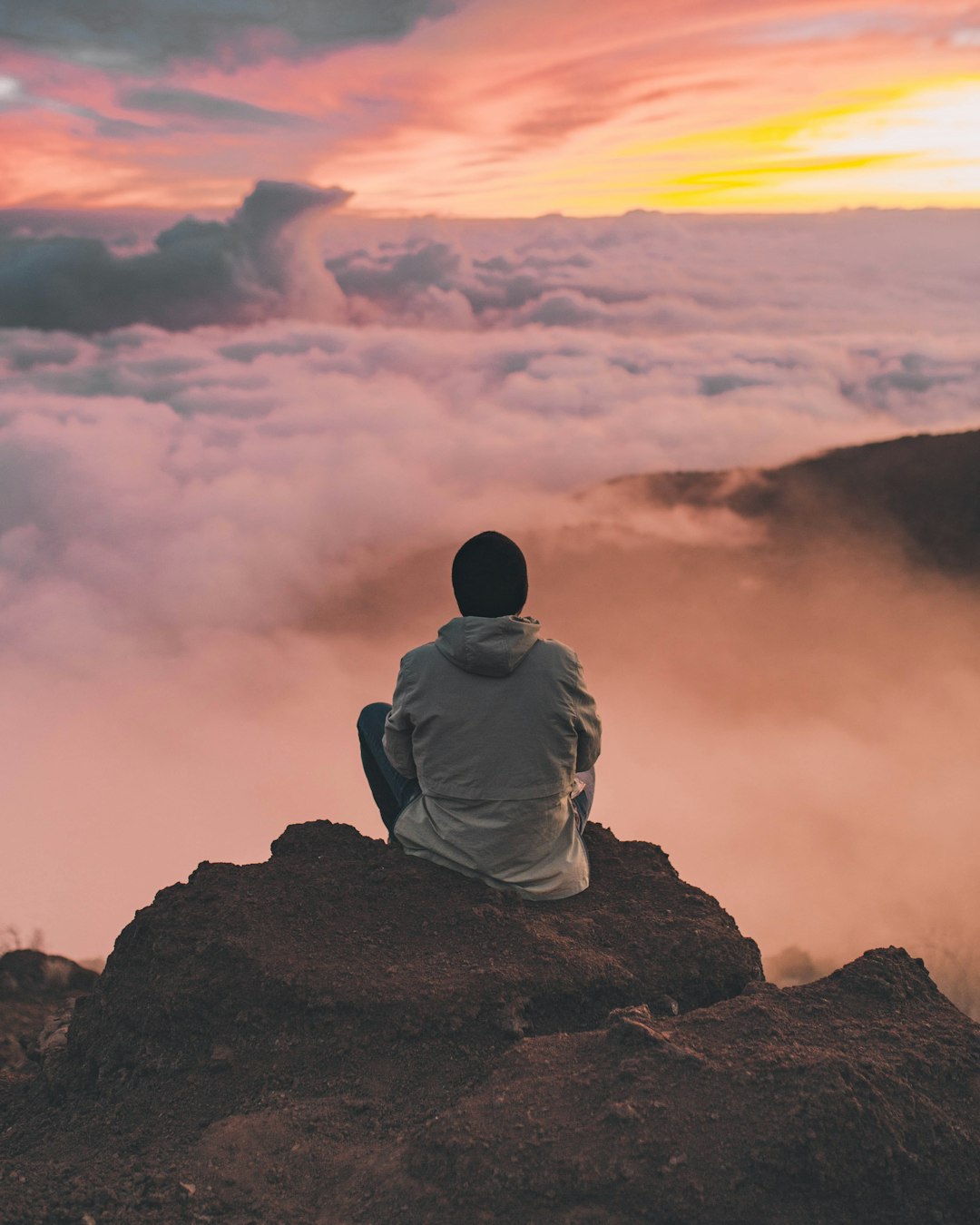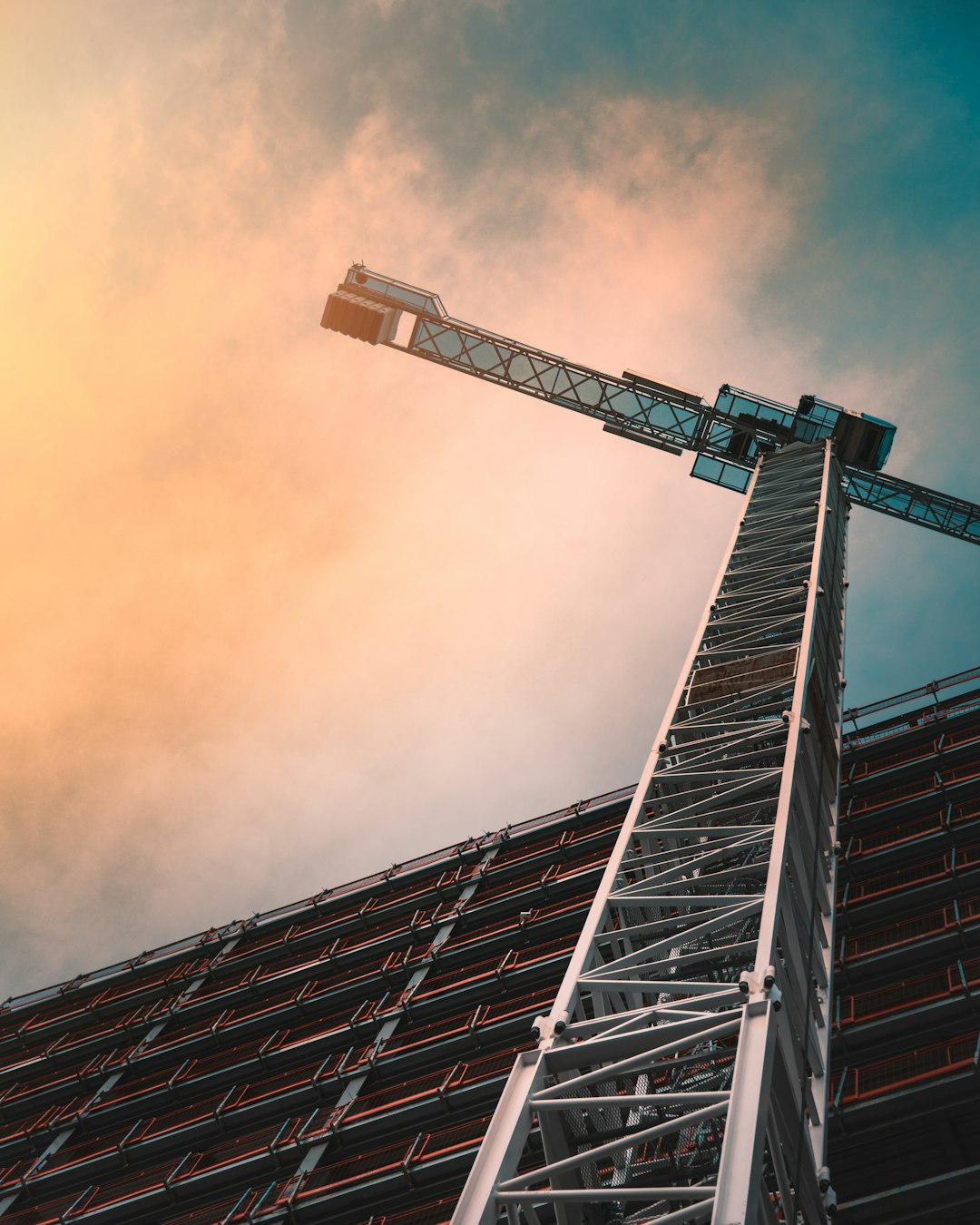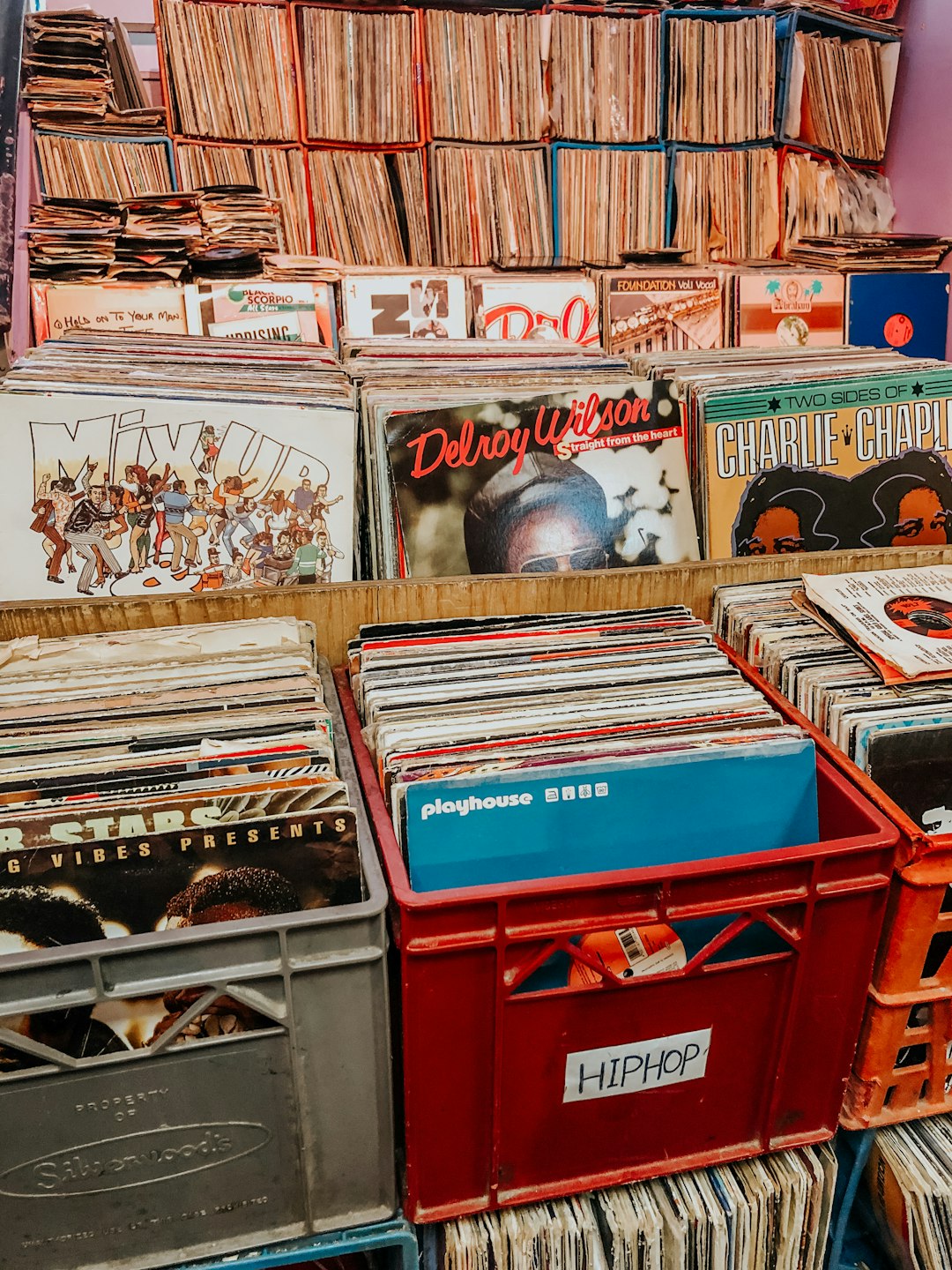Women veterans have played a crucial role in the history of the United States military, yet their contributions often go unrecognized. As the number of women serving in the armed forces continues to rise, it is essential to acknowledge their sacrifices, challenges, and the unique experiences they face both during and after their service. This article aims to shed light on the importance of supporting women veterans and the resources available to them.
Historically, women have served in various capacities within the military, from nurses in World War I to combat roles in recent conflicts. Despite their significant contributions, women veterans often encounter barriers when transitioning back to civilian life. These challenges can include difficulties in accessing healthcare, finding employment, and navigating the benefits system. According to studies, women veterans are more likely to experience homelessness and mental health issues compared to their male counterparts. This stark reality highlights the need for targeted support and advocacy for women veterans.
One of the key areas where women veterans require assistance is in accessing healthcare. The Department of Veterans Affairs (VA) has made strides in recent years to improve services for female veterans, but gaps still exist. Women veterans may face challenges in finding providers who understand their specific health needs, which can include reproductive health and mental health services. Organizations dedicated to supporting women veterans are essential in bridging these gaps. For instance, the Women Veterans Alliance is committed to creating a supportive community that empowers women veterans through networking, education, and advocacy.
Employment is another critical area where women veterans often face hurdles. While they possess valuable skills gained through military service, many struggle to translate those skills into civilian job opportunities. The transition from military to civilian employment can be daunting, especially for those who may not have a robust professional network. Programs focused on career development and mentorship can significantly impact the success of women veterans in the workforce. By connecting them with resources and support, these initiatives can help them build confidence and navigate the job market more effectively.
Mental health is a significant concern for many women veterans. The stigma surrounding mental health issues can prevent individuals from seeking help, leading to a cycle of isolation and distress. It is crucial to foster an environment where women veterans feel safe and supported in discussing their mental health challenges. Peer support groups and counseling services tailored to the unique experiences of women veterans can provide essential relief and understanding. Organizations like the Women Veterans Alliance offer resources and community connections that can help women veterans feel less alone in their struggles.
Community building is vital for women veterans as they transition to civilian life. Many women find solace and strength in connecting with others who share similar experiences. Creating spaces for women veterans to come together fosters a sense of belonging and support. Events, workshops, and networking opportunities can help women veterans build friendships, share resources, and empower one another. These connections are invaluable in helping women navigate the complexities of life after service.
In conclusion, women veterans deserve recognition and support for their service and sacrifices. As the number of women in the military continues to grow, it is imperative to address the unique challenges they face. By providing targeted resources, fostering community connections, and advocating for their needs, we can help empower women veterans to thrive in civilian life. Organizations like the Women Veterans Alliance play a crucial role in this effort, ensuring that the voices of women veterans are heard and that they receive the support they need. Together, we can honor their service and build a brighter future for all women veterans.





